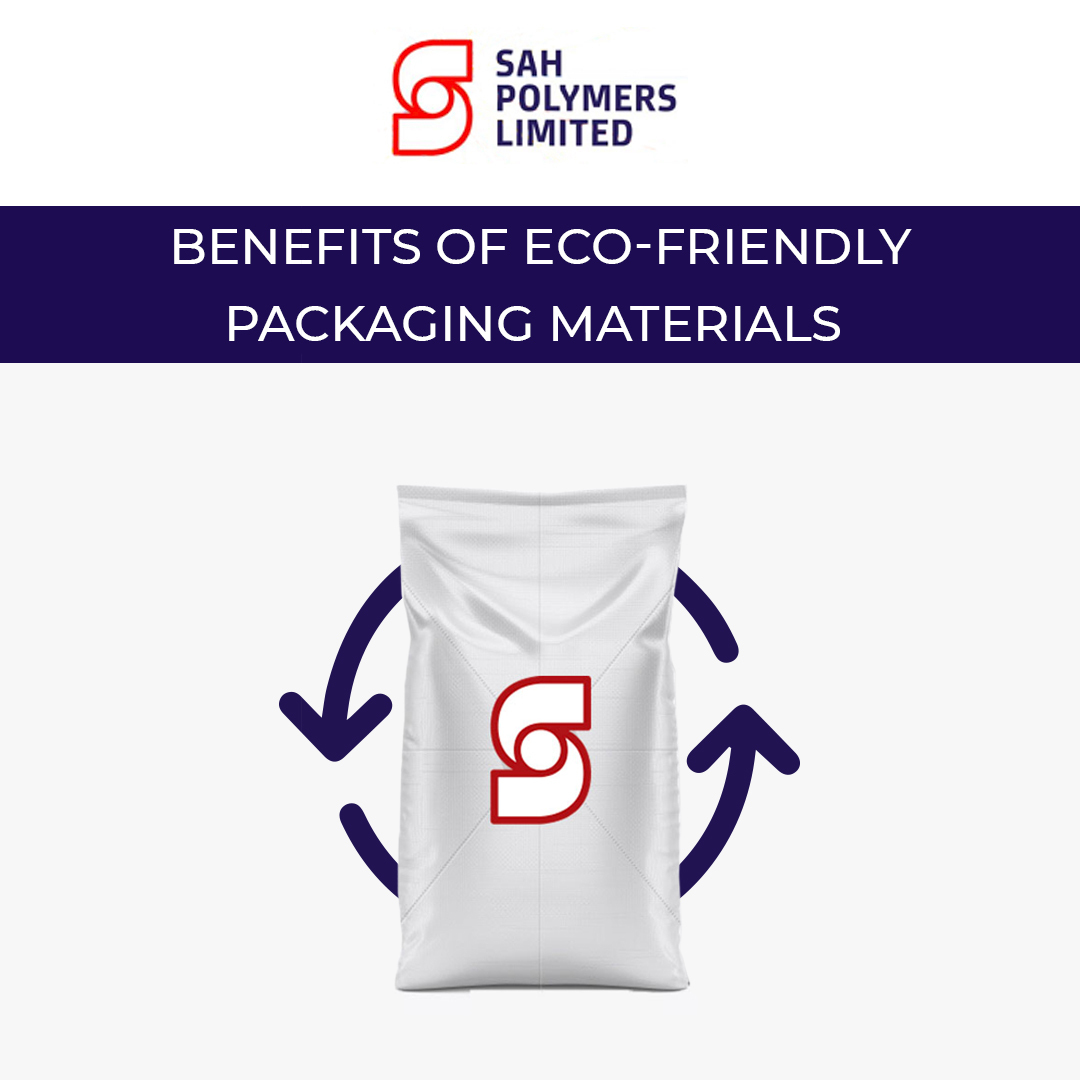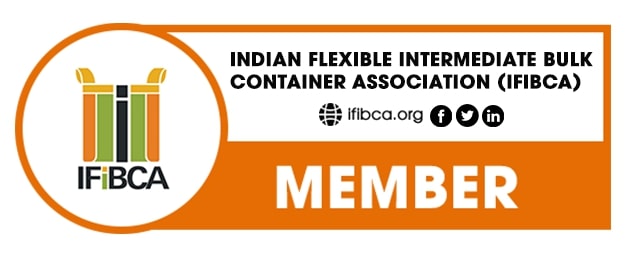India’s economy is ruled by the packaging industry. It is the fifth-largest sector in India. Packaging can be described as a coordinated system of preparing goods for transport, warehousing, logistics, sale, and end-use. It is also a science, art and technology of enclosing or protecting products for distribution, storage, sale, and use. Most Plastics Packaging companies recycle waste or scrap plastic for re-use in their facilities and even offer alternatives. But eco-friendly packaging is at a nascent stage in India. Eco-friendly packaging materials for food, pharmaceutical goods, homecare products, groceries are in high demand in India. Though India does not nurture the inclination of waste management, the pandemic situation has changed the scenario. Pandemic situations and lockdown have accelerated the growth of the packaging industry in India. Environmental concerns are hovering with the ideas like “ban plastic”, “use the reusable” have compelled the packaging companies to research, use and propagate about eco-friendly packaging materials.
The demand for eco-friendly materials is increasing every day. This packaging industry is achieving popularity because it can
- Lower the amount of product packaging
- Promote the use of renewable/reusable materials
- Low down the packaging-related expenses
- Remove the use of toxic materials in the production of packaging
- Provide options to recycle packaging easily
Chief alternate packaging materials are
The recyclable packaging materials are:
- Paper
- Cardboard
- Glass
- Some plastics – Examples of recyclable plastics are PET bottles, milk jugs, shampoo bottles, ice cream tubs, takeaway tubs, plastic utensils, and plastic bags. More about recyclable plastics in this comprehensive guide.
- Some metals – Metals can be recycled many times. Steel cans used to contain food and drinks can be recycled.
The recyclable materials or the alternative green packing materials which are common in use for packing items like food, groceries, books, medicines are listed below.
Newspaper
Newspapers are a common household item. It can be easily used to wrap, fill up any box and can easily be repurposed for a wide range of uses.
Biodegradable packing peanuts
It is a non-toxic material like cornstarch and wheat.
Reusable plastic bins
They are sustainable and affordable. Packaging made by this is easy to reuse.
Upcycled materials
This material can be upcycled, eco-friendly packaging. It is previously used and is now sold on a crowdsourcing platform, such as Craigslist.
Blankets, sheets, or towels
We can use common household items like blankets, towels to pack things. This completely minimizes waste by repurposing other common household goods.
Recycled paper tape
Tape is a necessary part of the packaging. But this is a more difficult material to reuse or fully recycle. But if it can be reused, it can be cost-effective and environmentally good.
Biodegradable bubble wrap
It is made of 100% recycled paper and is compostable. The honeycomb bubble wraps are biodegradable.
Corrugated paper roll
It is made of recycled paper. This packing material is a common choice for moving companies or shipping.
7 leading packaging companies in India use eco-friendly materials for packaging. For example, Amazon, Ecoware etc. who use sustainable materials for packaging. Ecoware uses eco-friendly packaging materials for food in India.
Kraft papers, PET plastic, cornstarch, glass packaging, metal packaging, bubble wrap packaging, cardboard and paper packaging, compostable bowls with lids packaging are commonly used as eco-friendly food packaging materials.
According to Capgemini’s latest research study on sustainability and changing consumer behaviour, 79% of consumers are changing their purchase preferences based on social responsibility, inclusiveness, or environmental impact. 53% of consumers and 57% in the 18-24 age group have switched to lesser-known brands because they were sustainable. More than half of the consumers (52%) say that they share an emotional connection with products or organisations that they perceive as sustainable.
COVID-19 has increased consumer awareness and commitment to buying sustainably: 67% of consumers said that they will be more cautious about the scarcity of natural resources and 65% said that they will be more mindful about the impact of their overall consumption and stock pulling during this pandemic situation.
According to reports, FMCG companies are aiming to go for 100% recyclable plastic packaging by 2025 by the Government’s initiatives on plastic waste management.
Marketers, designers, print converters, logistics partners, retailers, consumers, and recycling agencies must come together to make India a Plastic-free, environmentally conscious country.
India is a large country, the Government has to take initiatives along with corporate houses to fulfil the dream of eco-friendly packaging of India. According to reports, FMCG companies are aiming to go for 100% recyclable plastic packaging by 2025 by the Government’s initiatives on plastic waste management. Recyclable, biodegradable materials should be used to protect our earth. Starting from food, cosmetics, medicine, groceries, books to everything which are the commodities of e-commerce, shipping and home delivery during this pandemic situation have accelerated the growth of eco-friendly packaging materials in India.



